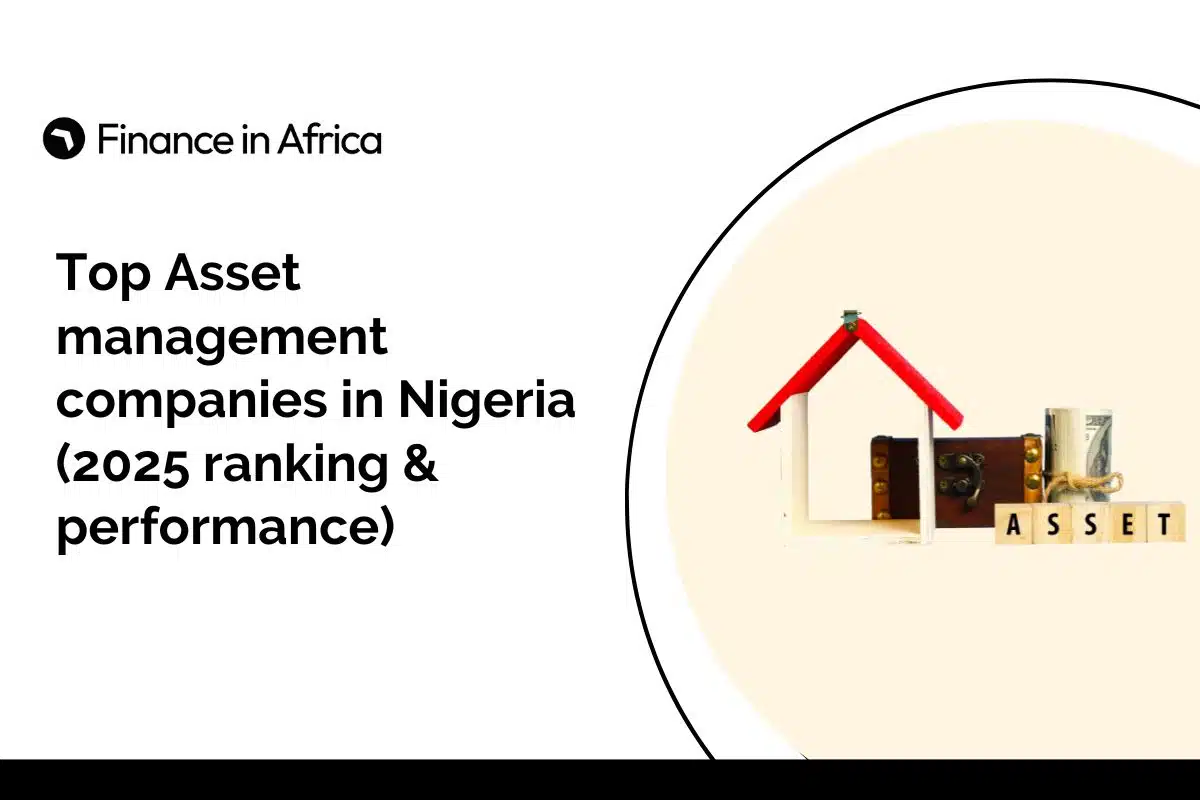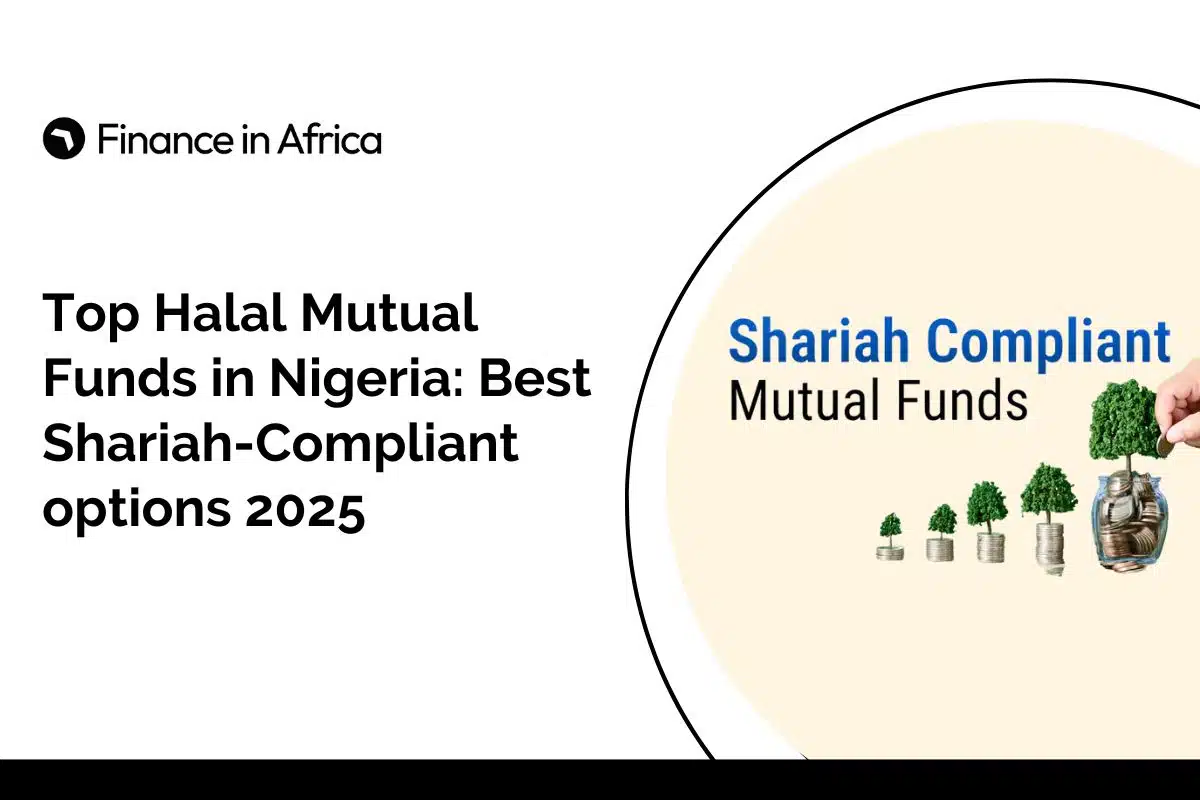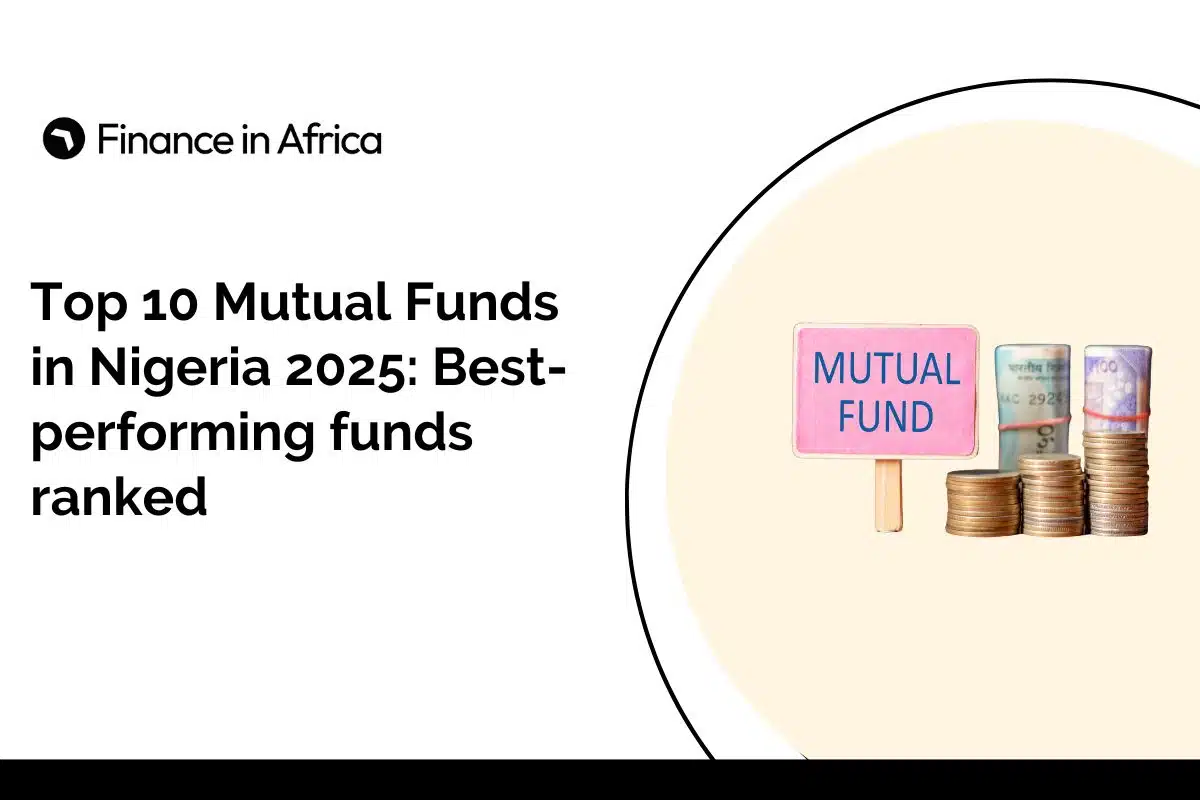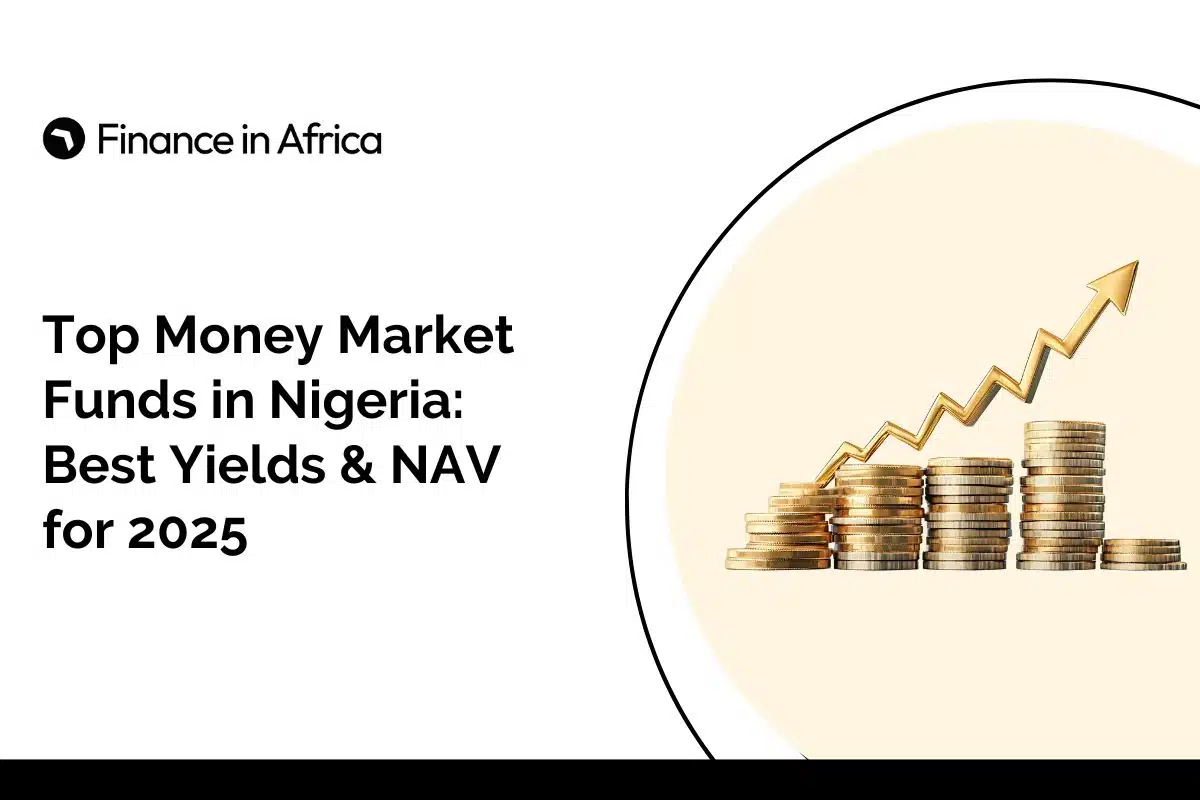Imagine a friend calling and asking, “What’s the best time to buy Nigerian stocks this year?” You want to help, but you also know that investing isn’t just about guesses; it’s about timing, strategy, and understanding the market. In fact, timing strategies often go hand in hand with insights into Nigeria’s broader financial landscape, such as those discussed in our guide on the top investment companies in Nigeria.
Market timing is a strategy that involves deciding when to enter or exit the market to maximise returns. This strategy is critical in a volatile market like Nigeria, where policy shifts, currency fluctuations, and investor sentiment can change rapidly. Among other benefits, it helps investors avoid substantial losses during market downturns by reducing exposure to risky assets.
So, whether you’re an individual investor seeking smart entry points, a portfolio or fund manager, a financial advisor working with Nigerian clients, a student researching emerging market dynamics, or a diaspora investor looking to tap into local equities, this article will walk you through the best time to buy shares in Nigeria, including other aspects like Nigerian stock market timing, strategies, investment opportunities, and the NGX investment strategy.
Key takeaways
- The best time to buy shares in Nigeria includes after-market dips, the January effect, pre-dividend declaration, and, in the case of a policy shift.
- In a volatile market like Nigeria, which is sensitive to policy changes, currency fluctuations, interest rate shifts, and political events, timing can be crucial.
- Market timing can help you get higher returns by buying stocks when prices are low and selling when they rise.
- A market timing strategy can be applied to both short-term and long-term investing, depending on the investor’s risk and return objectives.
- Fundamental analysis, technical analysis, and the use of technology and tools are strategies for a practical market timing analysis.
Market timing in Nigeria’s volatile stock market
Market timing refers to an investment strategy in which a market participant makes buying or selling decisions by predicting the future price movements of a financial asset. Investors following the strategy aim to outperform the market by taking a long position (buying) at market bottoms and a short position (selling) at market tops.
Additionally, the market timing strategy can be employed to enter or exit markets or to select between different assets or asset classes when making trading decisions. While many experts believe that timing the market is nearly impossible, some active traders strongly disagree.
Meanwhile, in a volatile market like Nigeria, timing is crucial. This Nigerian stock market is sensitive to policy changes, currency fluctuations, interest rate shifts, and political events. As a result of this instability, price movements can be sharper and more frequent, making strategic entry and exit points even more important for investors looking to protect their capital and maximise gains.
Recent reports have shown that market volatility in Nigeria has become increasingly pronounced, reflecting broader economic fluctuations and global trends. This volatility can be attributed to several interrelated factors, including political instability, fluctuating oil prices, and changes in foreign investment patterns.
For instance, Nigeria’s economy relies heavily on oil exports, which account for a significant share of government revenue, and a drop in global oil prices often creates an effect that impacts the entire market.
Importance of market timing
- It helps traders reduce the effects of market volatility.
- Market timing can help you get higher returns by buying stocks when prices are low and selling when they rise.
- Market timing can also help to avoid losses. For instance, when you sell before prices drop or avoid risky market conditions, you can protect the value of your investments. Often, experienced traders use timing tools to predict and stay ahead of market downturns.
- Effective market timing enables investors to make suitable investment decisions. This strategy builds a stronger and more balanced portfolio that can handle shifting market conditions.
How does the market timing strategy work?
A market timing strategy can be applied to both short-term and long-term investing, depending on the investor’s risk and return objectives. Majorly, traders buy stocks during a rising (bull) market and sell them when a decline (bear market) is about to begin. This strategy involves spotting when prices are about to change direction.
To achieve this, investors speculate how the price will increase or decrease in the future, rather than examining the value of the financial product.
Strategies for a practical market timing analysis
Market timing is based on several strategies, with fundamental analysis and technical analysis being the major techniques. Below are the methods and techniques for a practical market timing analysis.
1. Fundamental analysis
Fundamental analysis involves examining a company’s financial records and the overall economy to determine its true value. It helps you to decide if a stock is underpriced or overpriced. By checking things like profits, debts, and market conditions, you can tell if it’s a good time to buy or avoid the stock.
You can find a company’s fundamentals in Nigeria through sources like the Nigerian Exchange (NGX) website, the company’s investor relations page, financial platforms like Proshare and Nairametrics, stockbrokers’ research reports, regulatory filings on the Securities and Exchange Commission (SEC Nigeria) portal, and major business media outlets.
Fundamental analysis is used for a mid-term to long-term time horizon. It allows investors to look beyond short-term price fluctuations and focus on the underlying factors that drive a company’s operations and long-term performance.
2. Technical analysis
Unlike fundamental analysis, technical analysis is used for short- to mid-term investing. It relies on past stock performance and investor behaviour to help decide the best time to buy or sell.
For instance, as an investor, you have assessed the past price movements of GTCO Plc on the Nigerian Stock Exchange for some time and have observed it often bouncing between $0.026 (₦40) and $0.030 (₦46). The price is now at $0.020 (₦30) and shows signs it might rise again. Based on this pattern, you may buy and sell when it reaches $0.030 (₦46).
Technical analysis measures the likely success or performance of an investment (such as stocks, bonds, foreign exchange, commodities, and other products) by charting price movements and predicting future movements. It is based on three major concepts: that the market discounts everything (or includes all aspects of a company in the price of its securities), that price movements tend to repeat themselves, and that trends dictate price movements.
3. The use of technology and tools
With modern platforms offering AI and automated tools that analyze market trends, you can use innovative tools to time your moves more accurately and confidently.
4. Monitor economic indicators
The market reacts to updates like GDP growth and interest rate changes. When you stay informed, you make better decisions about when to buy or sell. Here, you can make use of platforms like NGX, Nairametrics, and Trading Economics for Nigeria’s key economic indicators.
Best time to buy shares in Nigeria (2025)
Firstly, I need you to understand that there is no outright answer to the best time to buy Nigerian stocks. However, based on historical market behaviour, specific periods and patterns have consistently offered great entry opportunities. Below are examples:
1. January Effect
The “January Effect” refers to the perception that the stock market rises in January more than in any other month. A price decrease often precedes the increase in demand for stocks during December due to reasons such as tax-loss harvesting.
Another reason for the January effect is consumer sentiment, which implies that many investors believe the start of the year is the best time to begin investing for their future, given a clean slate.
Historically, the Nigerian stock market sees renewed investor interest early in the year when many institutional investors rebalance their portfolios, leading to increased buying activity and upward momentum.
For instance, NGX reportedly secured its position as the world’s best-performing stock market in the first three weeks of 2024, capping off the trading day on January 19, 2024, at an impressive 94,538.12 points. This is with a remarkable year-to-date return of 26.43%.
Also, the All-Share Index concluded January 2025 on a bullish trajectory, soaring by 1,567.55 points to reach 104,496.12 points at the market’s close on January 31st. This upward movement signifies a 1.52% increase from the month’s opening figure of 102,928.57 points.
2. Pre-Dividend declaration
This method is referred to as the dividend capture strategy. It involves buying a stock just before its ex-dividend date to qualify for the upcoming dividend and selling it shortly after the ex-dividend date. Many Nigerian companies announce dividends in the first and second quarters.
Buying before these periods can position investors to benefit from price appreciation and dividend payouts. Some of the Nigerian companies with the highest dividend payout ratios in 2024 include Dangote Cement, BUA Cement, and Geregu Power.
3. After-market dips
Trading enthusiasts are familiar with the term “buying the dip.” But if you are unaware, don’t worry. It is used when purchasing a stock once it has fallen in value or “at a discount.” It has its benefits, and it also has its risks. Often, dips are opportunity zones, and to put it better, it is when you buy after a sharp decline, especially when caused by short-term news or panic selling.
For instance, in June 2025, the Nigerian stock market experienced a significant dip in transactions. Some of the top decliners included Associated Bus Company, Julius Berger, Legend Internet, Livestock Feeds, and E-Tranzact International. In such a situation, buying the dip can be a more effective move, primarily when investing with a long-term perspective. It could be a good opportunity to acquire quality shares at lower prices.
While buying the dip in Nigeria’s NGX All-Share Index in 2025 can be a wise strategy to leverage short-term market declines in Nigeria’s volatile market, note that it requires careful timing and monitoring of economic triggers.
4. Policy shifts
Policy shifts in Nigeria’s NGX All-Share Index refer to periods when government or regulatory policies create opportunities ideal for buying shares. Often, these arise from economic reforms, currency adjustments, or sector-specific policies, causing short-term volatility but long-term gains.
For instance, in mid-2023, FX unification policies caused a surge in investor confidence. According to the Guardian, investors on the Nigerian Exchange (NGX) recorded a substantial gain of approximately $2.35 billion (₦3.6 trillion) in the first four months of 2025, reflecting a strong and sustained bullish trend in the equities market. The all-share index, a key benchmark for market performance, recorded significant growth during the same period, increasing by 2,751 points from 103,180.14 to 105,931.14 points.
Operators confirmed that a major catalyst for the market’s performance has been the series of economic reforms introduced by the Federal Government, particularly the removal of the fuel subsidy, the unification of foreign exchange windows, and the transition to a floating naira regime.
Historical trends in Nigerian markets
Over the years, a mix of domestic and global factors has influenced the Nigerian market. Analysing its historical trends shows key periods of volatility that underscore the market’s sensitivity to local economic policies and international development. Understand that these patterns not only aid in forecasting future movements but also equip investors with the necessary insights to navigate the complexities of investing in this region.
Firstly, in 2014, when the global oil price crashed, Nigeria, whose economy is largely reliant on oil exports, was significantly impacted, causing fear-driven sell-offs in the stock market. The All-Share Index dropped from more than 38,000 points at the beginning of 2014 to about 28,000 points at the end of the year, reflecting how sharply the Nigerian Stock Exchange (NSE) reacted.
Also, political development and currency movement influence Nigeria’s stock market. Ahead of the 2015 elections, investor uncertainty over potential policy changes led to increased market volatility. The 2016 Naira devaluation, which also triggered further instability and weakened investor confidence, highlights how currency movement can significantly affect market performance.
Global economic events also impact the Nigerian stock market. Drops in oil prices caused by geopolitical tensions directly affect Nigeria’s economy. An example is the COVID-19 pandemic, which led to a fall in oil prices, a decline in the country’s GDP, and increased market volatility.
Trade wars and global crises also trigger capital flight and currency pressure. These trends show why tracking international events is key to understanding and navigating Nigeria’s market, and with this, you can gain insights into how external shocks and internal governance shape the dynamics of Nigerian markets.
Historical market performance analysis (2005–2025)
| Year | NGX All-Share Index | Best Entry Month | Key Market Event/Driver | Annual Return (%) |
| 2005 | 24,085.76 | March | oil price boom and a major banking sector consolidation | 37.3% |
| 2008 | 31,450.78 | December | The global financial crisis of 2008 significantly impacted oil prices, leading to a dramatic collapse | -45.8% |
| 2020 | 40,272.72 | March | COVID-19 crash, naira devaluation | 45.70% |
| 2023 | 74,773.77 | April | Fuel subsidy removal, naira floating | 45.90% |
| 2025 | 119,790.82 (as of June 24) | April | Global trade tensions, particularly U.S. tariffs targeting multiple economies. |
Investment strategies for Nigerian stocks
Following the analysis of the historical trend of the Nigerian market, this section streamlines the factors that drive stock price changes in the Nigerian Market and the NGX investment strategy:
1. Supply and demand dynamics
The stock market is driven by the forces of supply and demand. Stock prices are determined by the interaction between the number of shares available for sale (supply) and the number of shares investors want to buy (demand). When demand exceeds supply, prices tend to rise, and when supply exceeds demand, prices tend to fall.
For instance, if there’s bad news about a company, you’ll see more sellers than buyers, causing the price to drop. You can leverage this moment to buy your shares.
The major factors that affect the demand for stocks are economic data, interest rates, and corporate results. Economic data reveals information about the state of the economy. If the economy is doing better than expected, it creates more demand for stocks in anticipation of better earnings.
2. Global economic trends
As I have mentioned earlier, global economic events also impact the Nigerian stock market. A clear example is the COVID-19 pandemic, which caused a global economic slowdown that significantly impacted Nigerian stocks, particularly in sectors such as aviation, oil, and manufacturing. Keeping track of global trends can help investors anticipate and prepare for such market shifts.
3. Market sentiment
With the use of social media, market sentiment becomes a factor. Investor psychology, like the January effect, can drive short-term movements. A single tweet or news article can spark panic or excitement.
4. Political cycle timing and policies
Markets are often uncertain during election build-ups (pre-election dips), then rebound post-election if reforms are expected. You may decide to accumulate during pre-election dips and rebalance after clarity in leadership and policy direction.
Also, policies like tax reforms, trade agreements, and budget announcements have a direct impact on companies and their stock prices. Investors often reposition their portfolios based on such policy changes.
5. Corporate earnings and dividends
You can also buy shares by timing entries around corporate earnings and dividends. The January Effect often drives early-year rallies as investors reposition. Between March and May, many companies announce dividends, making it a good time to buy into solid stocks before their ex-dividend dates. Year-end portfolio adjustments in December can also create brief price shifts. This is also referred to as seasonal patterns.
6. Oil prices and exchange rates
Oil prices and exchange rates play a major role in Nigeria’s stock market. Rising crude prices boost government revenue and economic activity, often benefiting sectors like energy and banking. However, a weakening naira raises import costs and discourages foreign investment, which can hurt company profits and drag down stock prices.
Sector-specific timing strategies in the Nigerian stock market
Sector-specific volatility in Nigeria reveals apparent differences across industries, shaped by unique risks and external factors. For instance, agriculture is affected by weather and commodity price swings, while oil and gas respond sharply to global price shifts and geopolitical tensions. A minor change in oil prices can cause a significant shift in the top Nigerian oil stocks by a certain percentage.
Meanwhile, the financial sector faces pressure from regulatory changes and interest rate movements. Understanding these dynamics is key to developing effective sector-specific timing strategies.
So, different sectors of the Nigerian market respond to different economic cues and seasonal patterns. By understanding these sector-specific dynamics, investors can better time their entry and maximise returns. This section examines key sectors and the strategic times to invest:
- Banking stocks
Best time: Around CBN policy announcements and earnings season.
Banking stocks like GTCO and Zenith often react to interest rate decisions and monetary policy changes from the CBN. These sectors often rise during earnings seasons, especially in Q1 and Q3. Investors can buy in before Monetary Policy Committee (MPC) meetings or strong earnings reports for potential gains.
The Monetary Policy Committee (MPC) of the Central Bank of Nigeria (CBN) typically meets bi-monthly to review economic and financial developments and determine the appropriate monetary policy stance.
- Oil & Gas
Best time: Correlation with crude oil price cycles and budget periods
Global crude prices and government oil revenue forecasts drive oil and gas stocks such as Total Energies and Oando. Local budget cycles and OPEC+ decisions also impact performance. A good time to enter is when crude prices begin recovering or government oil benchmarks are raised. The Oil and gas sector stood out with a strong year-to-date increase of 160% in 2024.
- Consumer Goods
Best time: Seasonal demand patterns and inflation hedge timing
Companies like Nestle and Unilever see higher demand during holidays and Ramadan. They also help protect against inflation by passing rising costs to consumers. The best time to buy is before Q4 or during economic uncertainty.
- Telecommunications
Best time: Regulatory cycle timing and dividend yield strategies.
The stocks of telecommunication companies like MTN and Airtel are driven by dividend potential and policies of the Nigerian Communications Commission (NCC). Prices often rise ahead of dividend qualification dates. It’s a good idea to buy when the rules are clear and dividends are coming soon.
Top sectors & companies to consider in 2025
If you plan to invest in shares in Nigeria in 2025, consider focusing on sectors with strong growth potential, government support, and the ability to withstand economic fluctuations. Here are some key sectors and top companies to consider:
- Banking & Fintech (Zenith Bank, GTCO)
- Consumer goods (Nestle Nigeria, Dangote Sugar)
- Infrastructure & energy (TRANSCORP Power, Geregu Power)
- Telecommunication (MTN Nigeria, Airtel Africa)
- Industrials and cements (Dangote and BUA cement)
Common pitfalls to avoid when buying shares in Nigeria
While buying Nigerian stocks proves rewarding, it’s important to avoid common mistakes that many investors, especially beginners, make. Here are some key pitfalls to avoid:
- Emotional decision-making: Making investment decisions based on fear or greed, rather than careful analysis, can lead to poor outcomes. An example of this is panic selling during a market downturn or buying high during a stock market surge. So, I advise you to stick to your investment plan and avoid emotional trades.
- Lack of diversification: Investing all your money in one sector could backfire if the sector crashes. This means that you should spread your investments across industries to manage risk.
- Lack of research: Investing without proper research may lead to unexpected losses. Don’t just jump into an investment without understanding the company’s financials and the industry outlook.
- Chasing high yields: Don’t let unrealistic expectations move you without understanding how the investment generates returns. Once you know that promising high returns can be a red flag for a fraudulent scheme, the next step is to focus on understanding the fundamentals of the business and its potential for sustainable growth, rather than solely pursuing high yields.
- Poor timing during uncertainty: Yes, the political climate plays a significant role in when to buy shares, but investing heavily during political instability or currency shocks without an obvious strategy can expose you to sharp declines. Always assess macroeconomic risks.
- Lack of proper risk assessment can lead to unexpected losses. To avoid this, evaluate potential risks, such as market volatility, regulatory changes, or the company’s debt levels.
Conclusion
Market timing is a powerful strategy for maximizing returns in Nigeria’s dynamic NGX All-Share Index, where volatility forced by policy shifts, currency fluctuations, and global economic trends creates both risks and opportunities. By leveraging patterns like the January Effect, pre-dividend periods, after-market dips, and policy shifts, you can make the best use of the moment by buying shares.
Combining fundamental and technical analysis with real-time monitoring of economic indicators through platforms like NGX, Nairametrics, and Trading Economics helps you to navigate Nigeria’s unique market challenges. Regardless of the sector you are targeting, proper timing and research are key to building a resilient portfolio in 2025.
Reader, are you ready to seize Nigeria’s market opportunities in 2025? Start by researching top sectors like banking (GTCO, Zenith) and energy (Seplat, Oando) on NGX. Also, monitor key economic indicators to time your entry during dips or policy windows. Consult a financial advisor when necessary, and don’t forget to diversify your investments and avoid common pitfalls.
Note: All dollar-to-naira conversions are based on an exchange rate of $1 = ₦1,534.
Disclaimer
This publication, review, or article (“Content”) is based on our independent evaluation and is subjective, reflecting our opinions, which may differ from others’ perspectives or experiences. We do not guarantee the accuracy or completeness of the Content and disclaim responsibility for any errors or omissions it may contain.
The information provided is not investment advice and should not be treated as such, as products or services may change after publication. By engaging with our content, you acknowledge its subjective nature and agree not to hold us liable for any losses or damages arising from your reliance on the information provided. Always conduct your own research and consult professionals where necessary.










